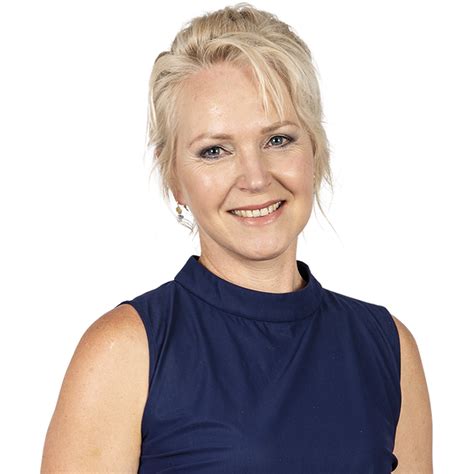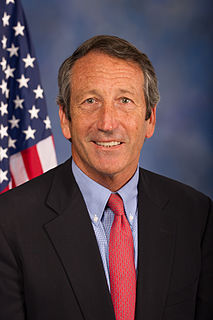A Quote by James E. Faust
To be a good father and mother requires that the parents defer many of their own needs and desires in favor of the needs of their children. As a consequence of this sacrifice, conscientious parents develop a nobility of character.
Related Quotes
To be a good father and mother requires that the parents defer many of their own needs and desires in favor of the needs of their children. As a consequence of this sacrifice, conscientious parents develop a nobility of character and learn to put into practice the selfless truths taught by the Savior Himself.
Parents who are stressed or disturbed will have more difficulty in meeting their children's needs. Parents who have little support--from friends, relatives, neighbors, or the community--are more likely to be overburdened by the demands of their babies and to be unable to respond to them adequately. Parents who experience severe poverty or economic insecurity, who cannot satisfy their own basic needs, are likely to have difficulty in responding to their children's needs.
If in the earlier part of the century, middle-class children suffered from overattentive mothers, from being "mother's only accomplishment," today's children may suffer from an underestimation of their needs. Our idea of what a child needs in each case reflects what parents need. The child's needs are thus a cultural football in an economic and marital game.
The father who raises a son to have a profession he once dreamed of, and the mother who uses her daughter as the adult companion her husband is not; the parents who urge their children into accomplishments as status symbols-all these and many more are ways of subordinating a child's authentic self to a parent s needs.
Parents impose their own limited concepts on their children, often ignoring their temperaments, special needs, and abilities. Your parents and teachers may have mistakenly ignored your strengths or may not have encouraged you to develop them. You can discover your basic capacities by experimenting with things that you always wanted to do. Don't be discouraged by notions that seem "silly" or "foolish" or "not you." Do it! Who knows what will happen?
You must learn to look at people who are angry with you straight in the eye without getting angry back. When children see their parents treating them this way, they then recognize the parents' authority. It speaks louder than words. Their new respect for the parents is as good for them as it is for the parents. It never works to demand respect of children. It must be given willingly as a result of strength of good character in the parents, which is manifested by their non-reaction to stress in the children.
Whenever I hear about a child needing something, I ask myself, 'Is it what he needs or what he wants?' It isn't always easy to distinguish between the two. A child has many real needs which can and should be satisfied. His wants are a bottomless pit. He wants, for example, to sleep with his parents. He needs to be in his own bed. At Christmas he wants every toy advertised on television. He needs only one or two.
Despite the long-term reduction in familial roles and functions, we believe that parents are still the world's greatest experts about the needs of their own children. Virtually any private or public program that supports parents, effectively supports children. This principle of supporting family vitality seems to us preferable to any policy that would have the state provide children directly with what it thinks they need.
Parents still have primary responsibility for raising children, but they must have the power to do so in ways consistent with their children's needs and their own values.... We must address ourselves less to the criticism and reform of parents themselves than to the criticism and reform of the institutions that sap their self-esteem and power.
It needs more than ever to be stressed that the best and truest educators are parents under God. The greatest school is the family. In learning, no act of teaching in any school or university compares to the routine task of mothers in teaching a babe who speaks no language the mother tongue in so short a time. No other task in education is equal to this. The moral training of the children, the discipline of good habits, is an inheritance from the parents to the children which surpasses all other. The family is the first and basic school of man.
Even today . . . experts, usually male, tell women how to be mothers and warn them that they should not have children if they have any intention of leaving their side in their early years. . . . Children don't need parents' full-time attendance or attention at any stage of their development. Many people will help take care of their needs, depending on who their parents are and how they chose to fulfill their roles.




































